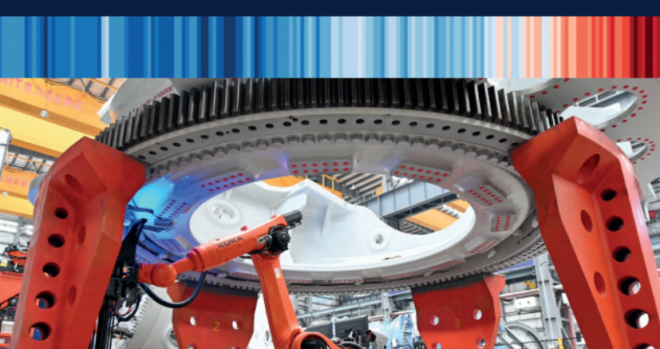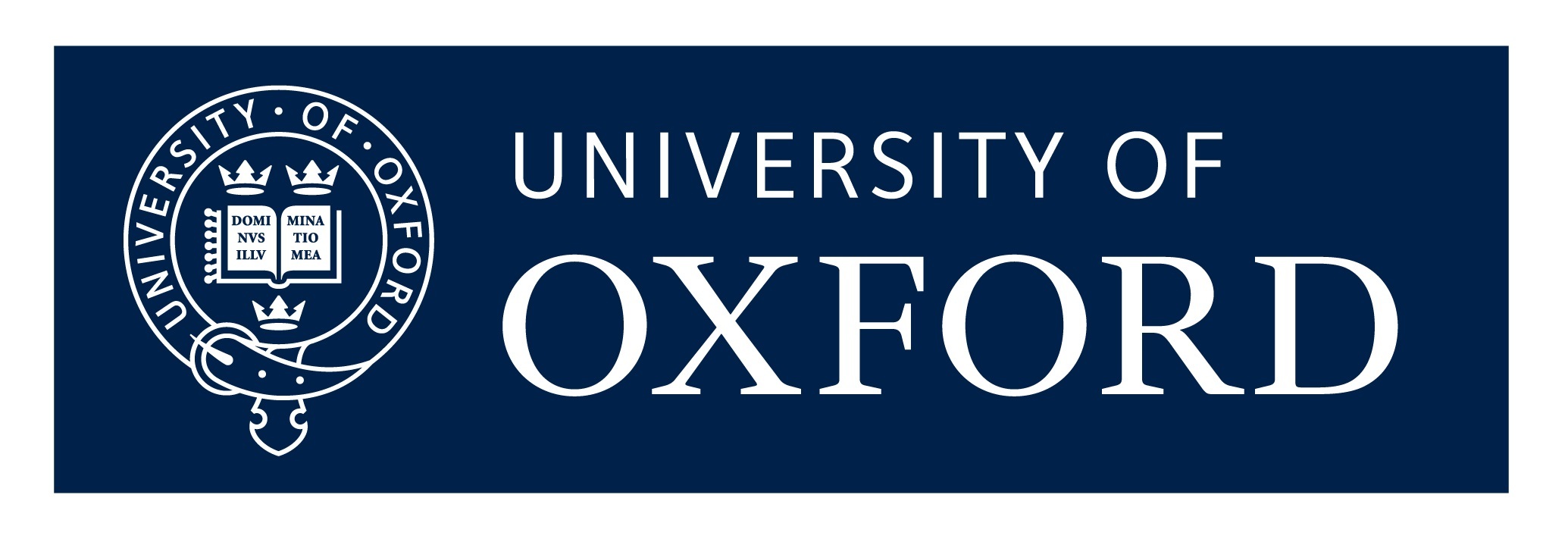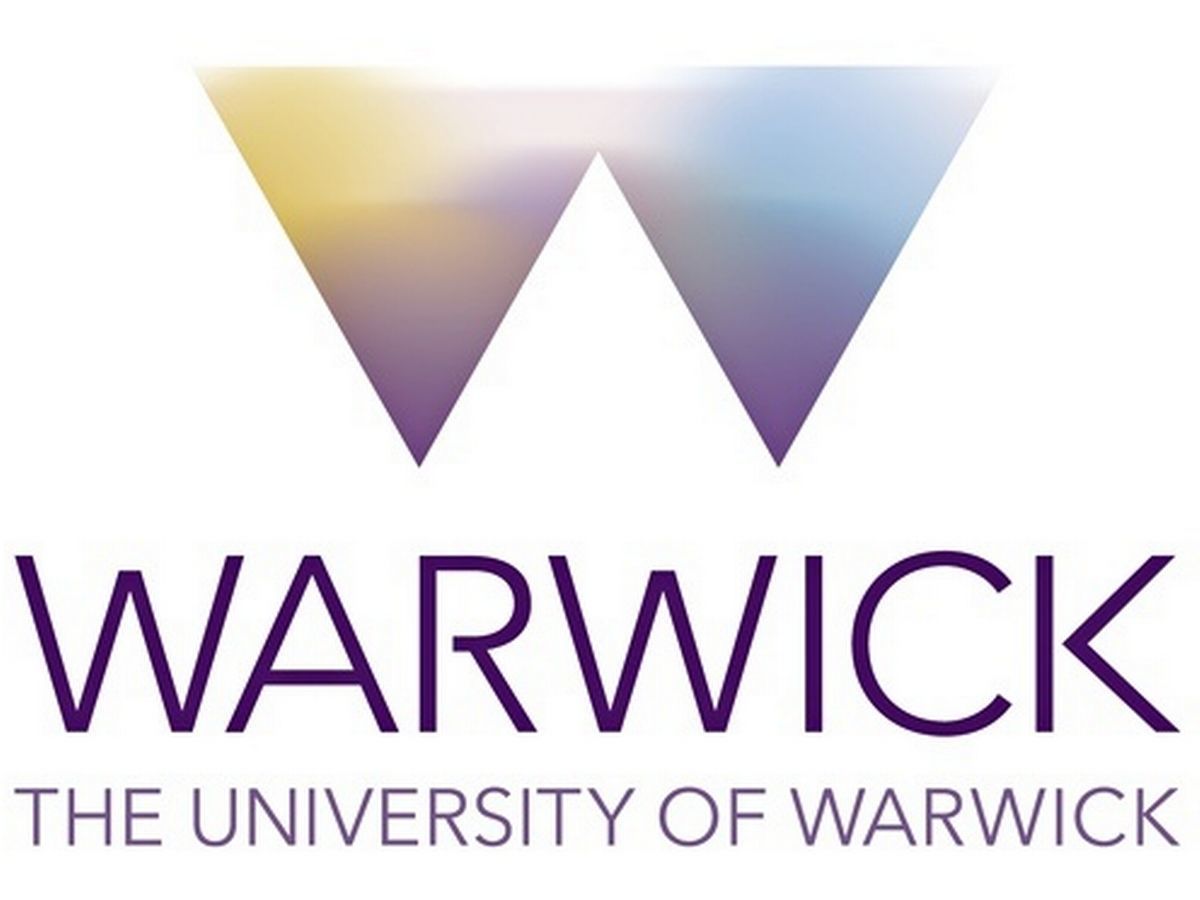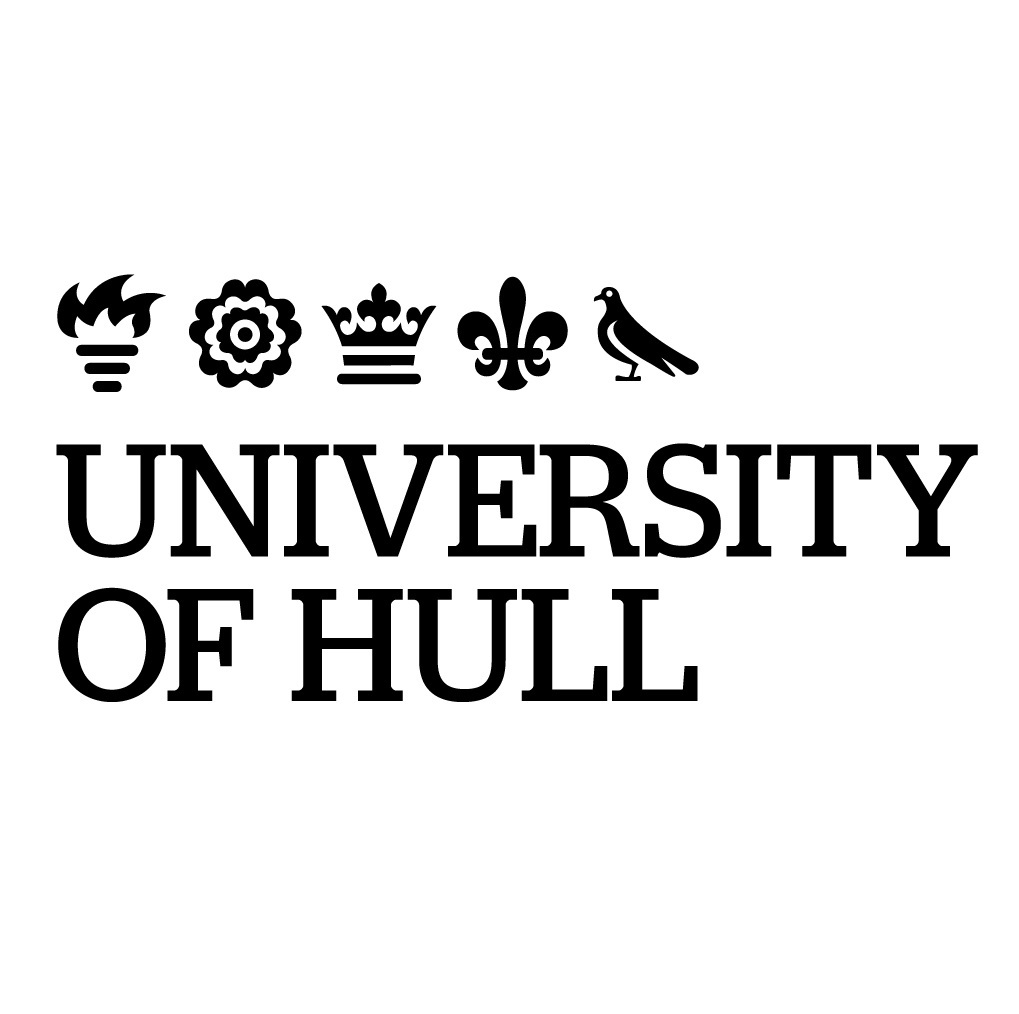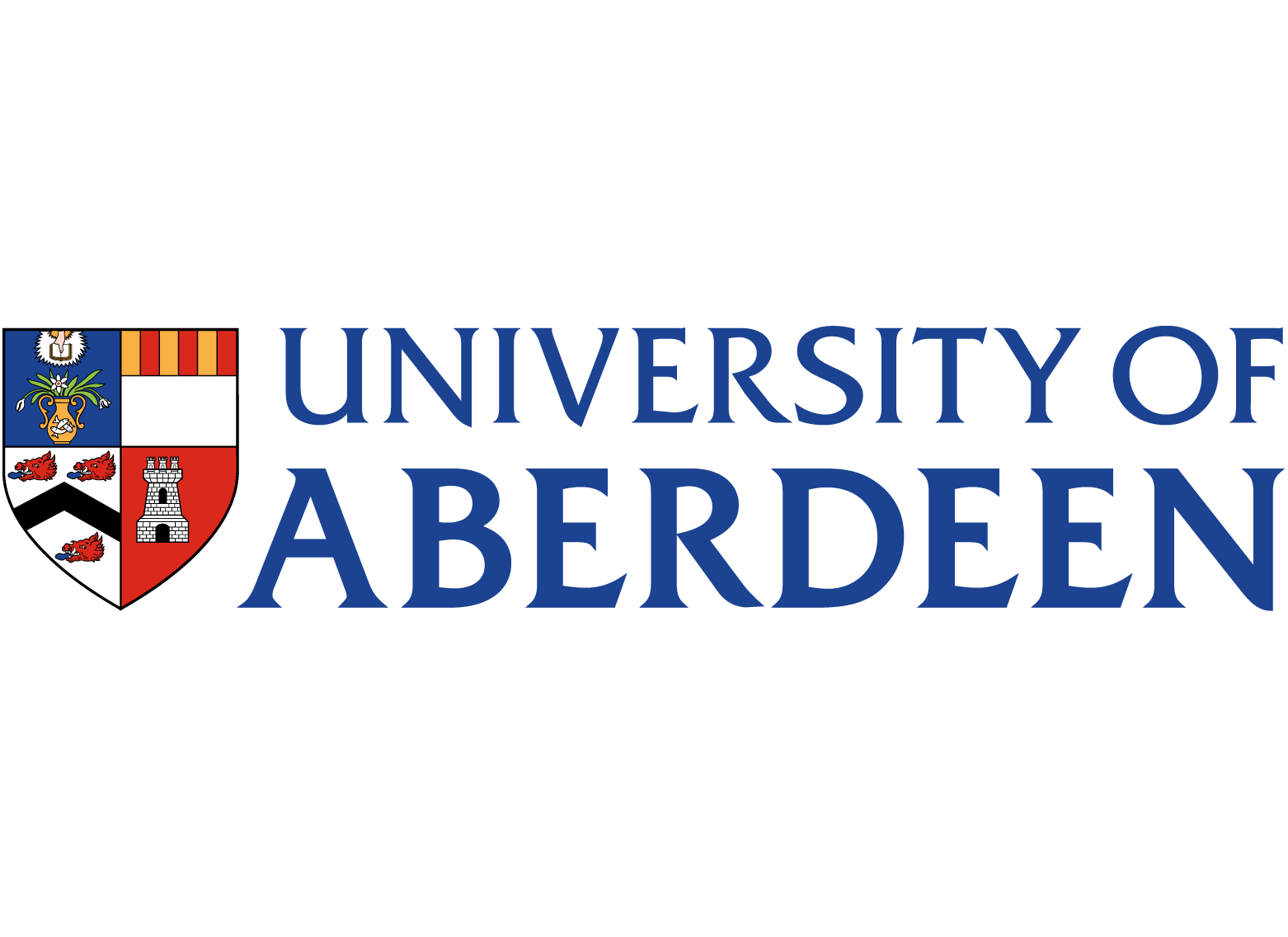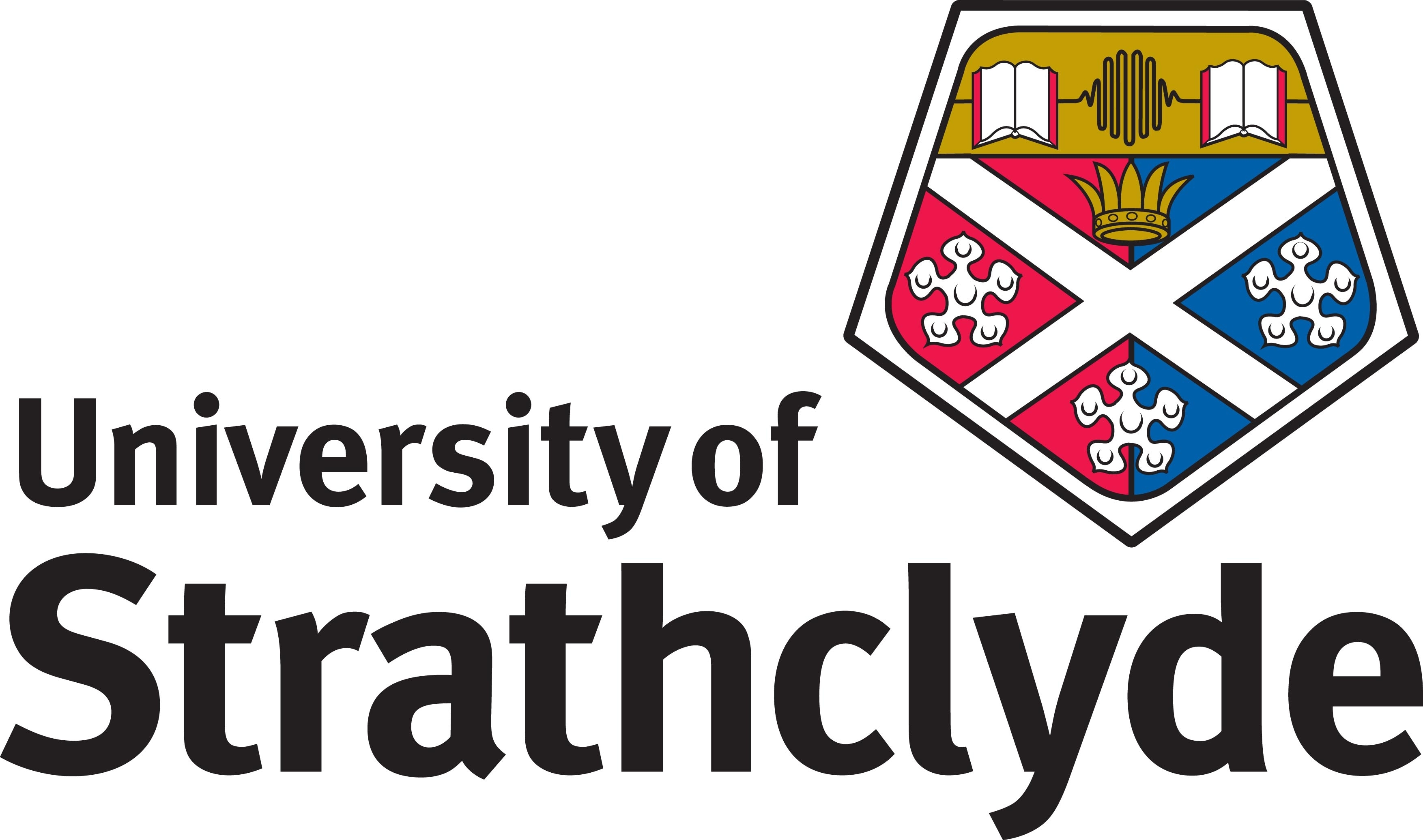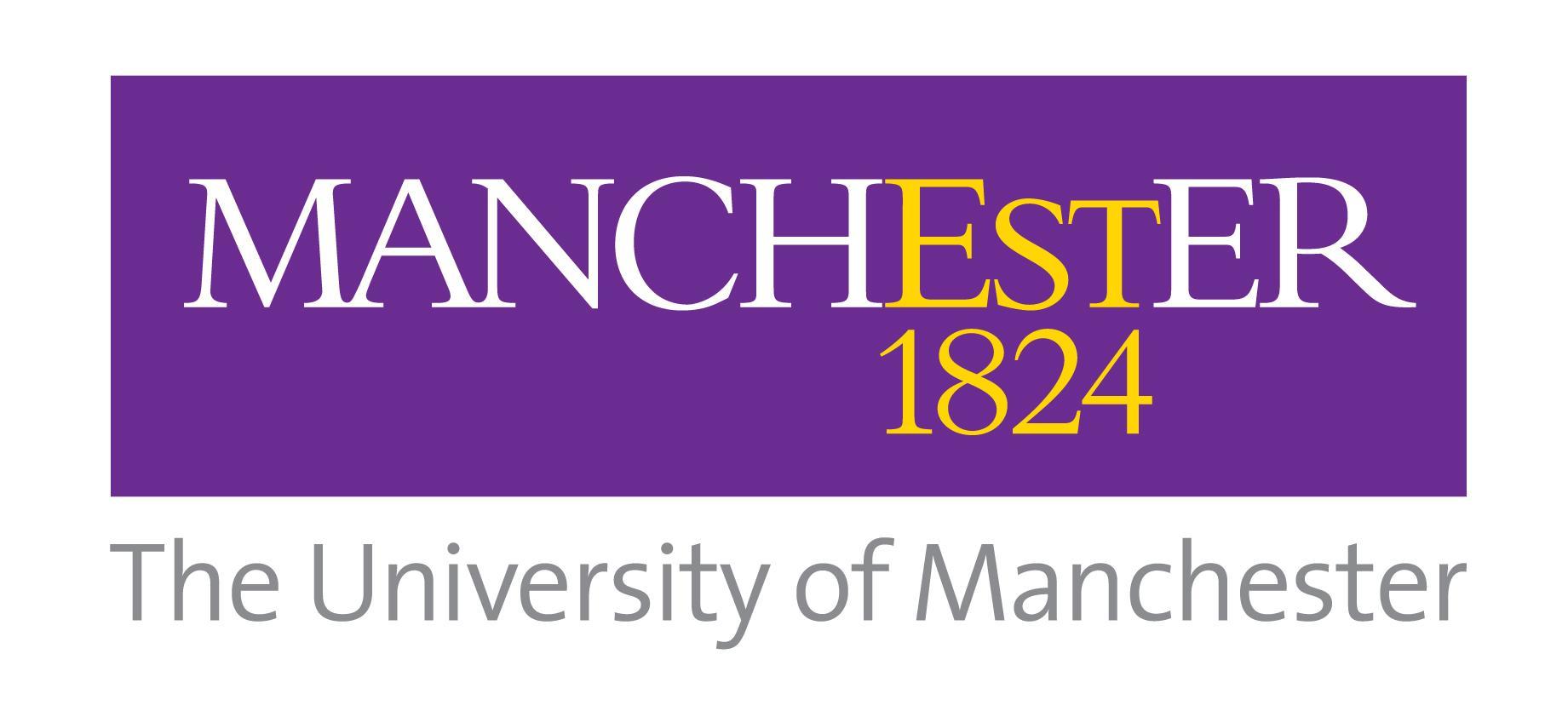Eight new projects have been launched to develop and test cutting-edge new wave energy technologies to help the UK achieve its net zero goal. These projects will build on the UK’s leading role in marine wave energy to overcome challenges to devices that capture the energy generated by waves and convert it into a renewable source of electricity.
The wider deployment of wave energy converters (WECs) is hampered by challenges such as their ability to survive in extreme weather conditions and their efficiency.
The projects announced today will adopt innovative new approaches to overcoming these challenges, including taking inspiration from the fins of marine animals to design flexible WECs that can operate under extreme conditions.
Other projects will test the performance of WECs through ocean-based trials and develop the models needed to assess how they cope with conditions such as storm waves.
The research is supported by a £7.5 million investment by the Engineering and Physical Sciences Research Council (EPSRC), part of UK Research and Innovation (UKRI).
Project summaries
Flexible responsive systems in wave energy
- Led by: Professor Deborah Greaves, University of Plymouth, Professor John Chaplin, University of Southampton, Professor Zhong You, University of Oxford
- EPSRC grant: £984,000
The project will assess the performance of WECs developed using deformable materials, such as flexible fabrics, which could improve performance, survivability, reliability and reduce costs. It will test these flexible systems and their ability to survive storm waves through both wave basin experiments and numerical modelling.
BASM-WEC – bionic adaptive stretchable materials for wave energy converters
- Led by: Dr Qing Xiao, University of Strathclyde
- EPSRC grant: £975,000
The project will explore whether flexible materials inspired by the fins and other body parts of aquatic animals could be used in WECs. Using such materials, the shape of which changes depending on the load applied to it, could help to overcome challenges to the commercialisation of existing WECs. These can exhibit low-performance efficiency and be vulnerable under harsh sea conditions.
HAPiWEC (holistic advanced prototyping and interfacing for wave energy control
- Led by: Professor Bill Leithead, University of Strathclyde
- EPSRC grant: £987,000
The project will develop and demonstrate open-hardware and open-software tools and methodologies for the rapid, cost-effective and remote deployment of novel WEC controllers in state-of-the-art wave tank facilities. Improving device control could dramatically improve energy capture and the lifetime of WECs without the need for significant redesign.
Mooring analysis and design for offshore WEC survivability and fatigue (MoorWEC)
- Led by: Professor Peter Stansby, The University of Manchester
- EPSRC grant: £997,000
The mooring is the most vulnerable part of WECs, which can be damaged by extreme waves or the attrition caused by waves over time. The project will model the impact of waves on various mooring options to generate key information and efficient modelling methods to aid the design of resilient future WECs.
MU-EDRIVE
- Led by: Dr Nick Baker, Newcastle University
- EPSRC grant: £776,000
Compared to electrical machines found in most industrial sectors, wave energy converters oscillate slowly. Converting this motion into electricity requires the development of novel generators, of which very few have been demonstrated at full scale and in the marine environment. This project will develop and test advanced electrical generators for use in WECs, including protection against corrosion and integration into real devices. A generator will be installed for 12 months on an existing Newcastle University research buoy moored in the North Sea.
New generation modelling suite for the survivability of wave energy convertors in marine environments (WavE-Suite)
- Led by: Professor Qingwei Ma, City, University of London
- EPSRC grant: £987,000
The project aims to overcome the challenges of developing effective, reliable and economically viable WECs. It addresses the lack of tools available to accurately and efficiently assess their ability to survive under extreme marine conditions. It will develop a highly accurate and efficient modelling suite to address this need that will be equipped with advanced machine leaning algorithms and couple five numerical models.
Novel high performance wave energy converters with advanced control, reliability and survivability systems through machine-learning forecasting
- Led by: Professor George Aggidis, Lancaster University
- EPSRC grant: £798,000
The NHP-WEC project aims to advance WEC technology by developing essential device control and monitoring systems that are fully integrated with high-fidelity sea state forecasting from satellite images. To bring focus, research into novel algorithms and methods will be orientated around two case study challenges, namely the Lancaster University TALOS concept device and the University of Hull, ORE Catapult and Ørsted SmartWave toolset using machine learning.
System-level co-design and control of large capacity wave energy converters with multiple PTOs
- Led by: Dr Guang Li, Queen Mary University of London; Dr Judith Apsley, The University of Manchester; Professor Mike Belmont University of Exeter
- EPSRC grant: £986,000
Wave energy converters (WECs) consist of multiple energy conversion stages and components to capture wave energy and convert it to electricity, with each stage operating under its own constraints. The project aims to take a ‘whole device’ approach, rather than concentrating on individual components, to address issues such as energy output and reliability.
- This press release was published by UK Research and Innovation. View the original news article here.
Resources
- Resources from the European Wave and Tidal Energy Conference Series (EWTEC) 2021
- Resources from the 2022 Supergen ORE Hub Annual Assembly (scroll to Thursday 20 January 2022)
- Resources from the 2023 Supergen ORE Hub Annual Assembly (scroll to 'EPSRC Wave Energy Projects Research Showcase')
- Resources from the 2024 Superegn ORE Hub Annual Assembly (scroll to 'EPSRC Wave Energy Projects')

